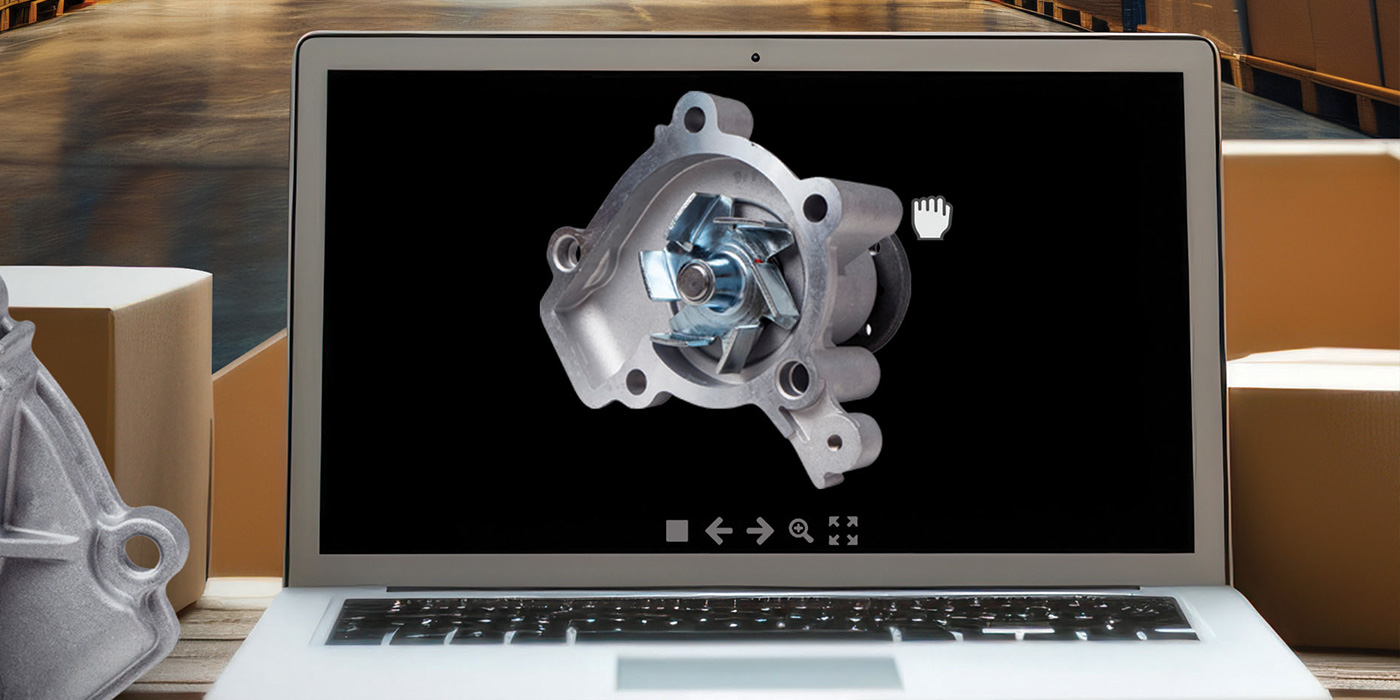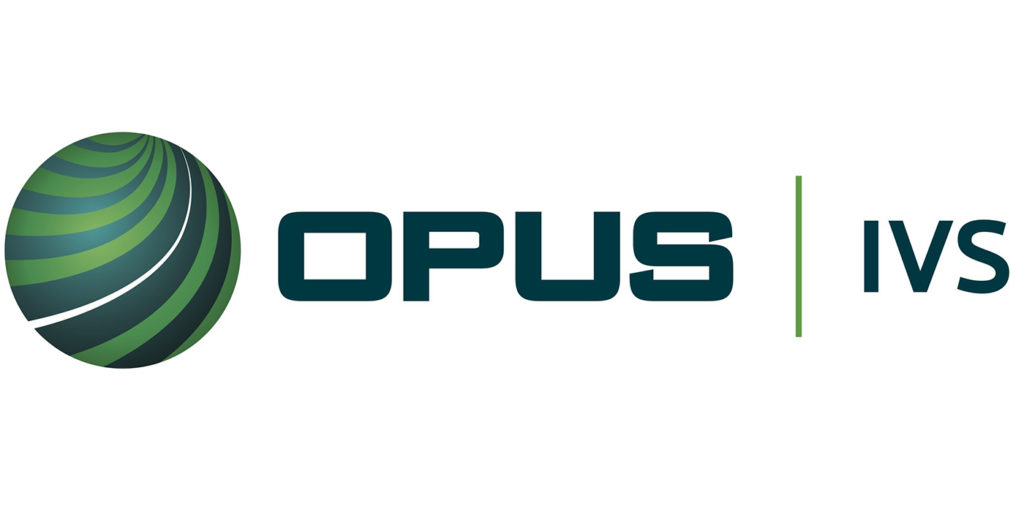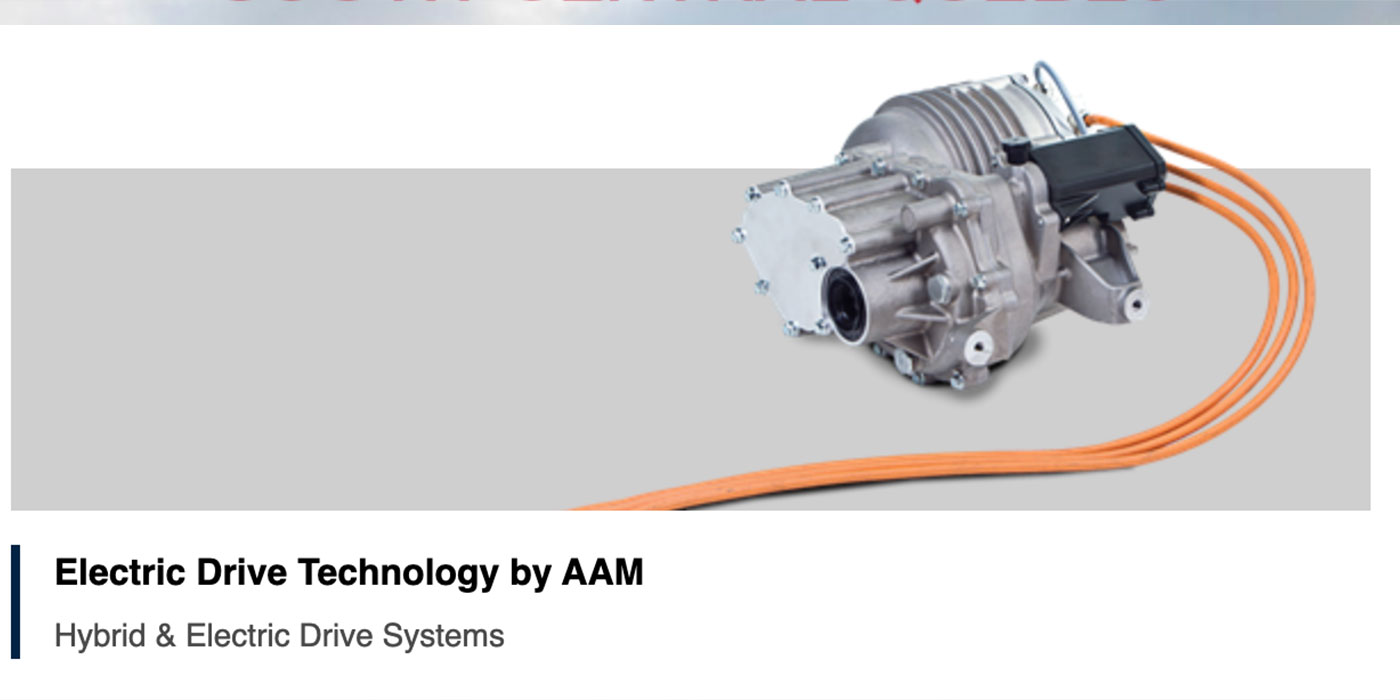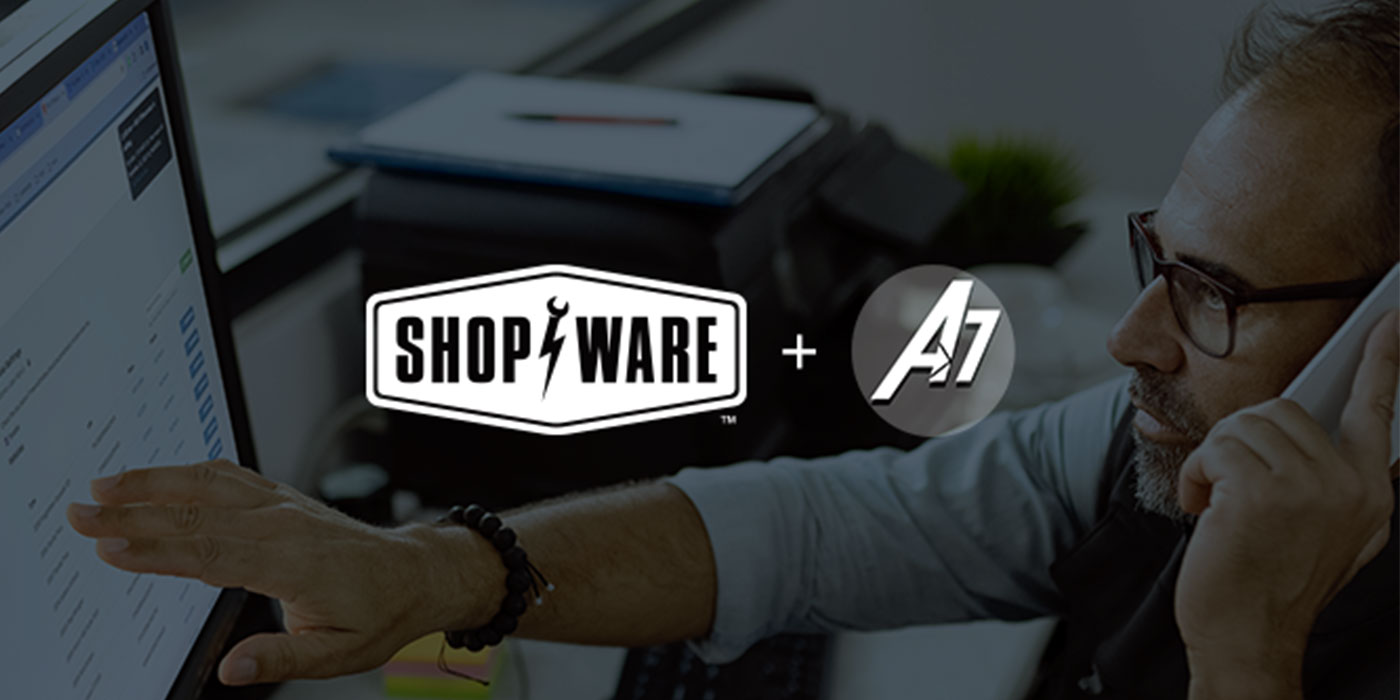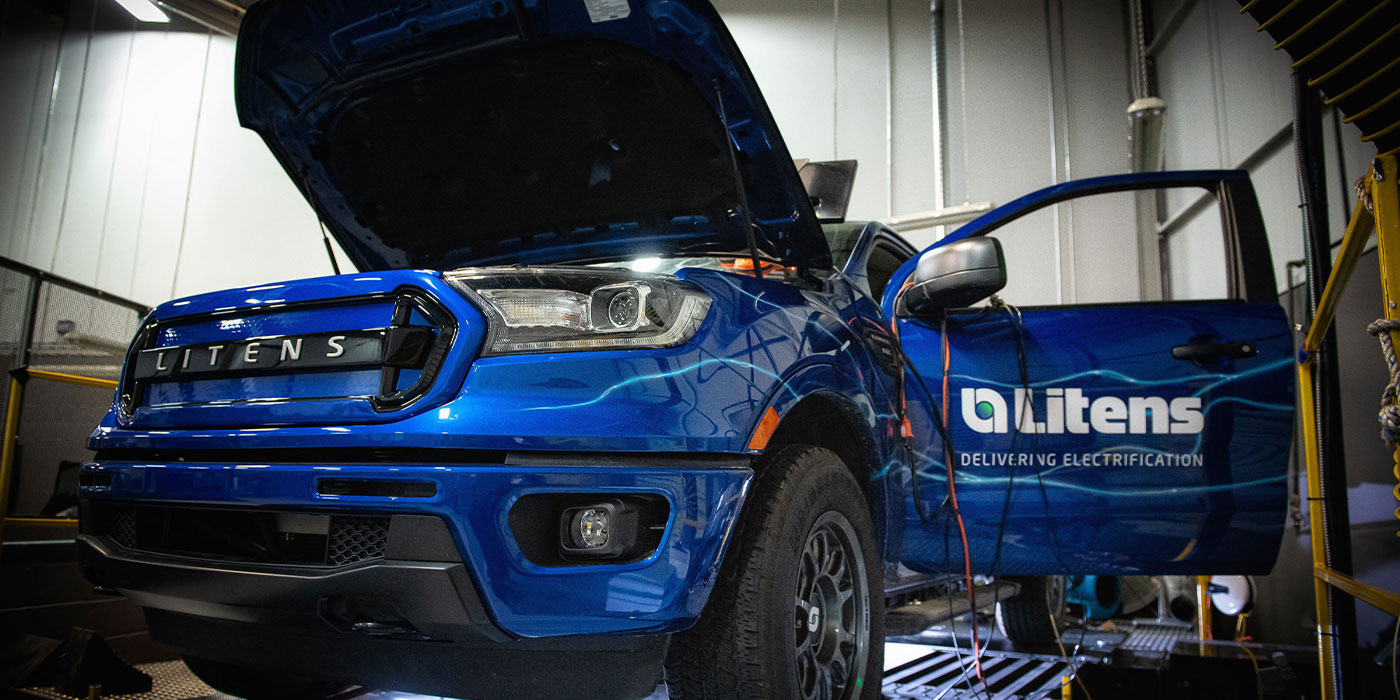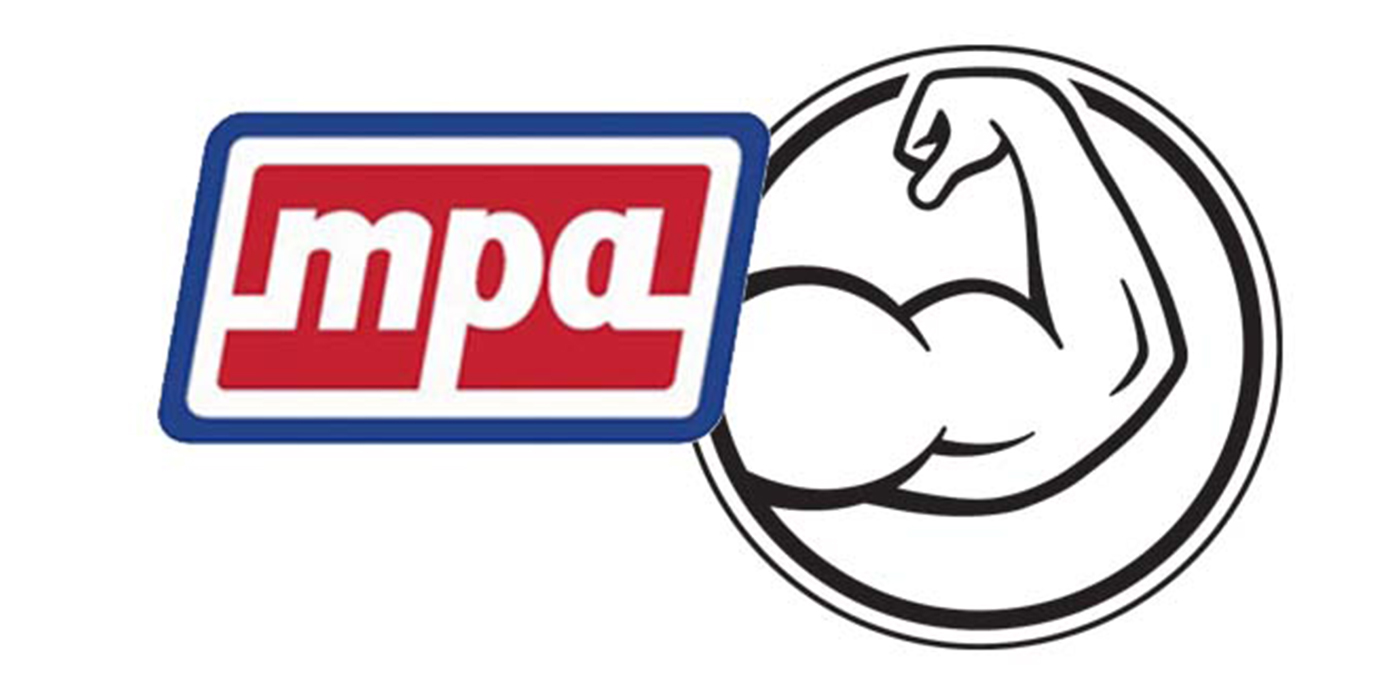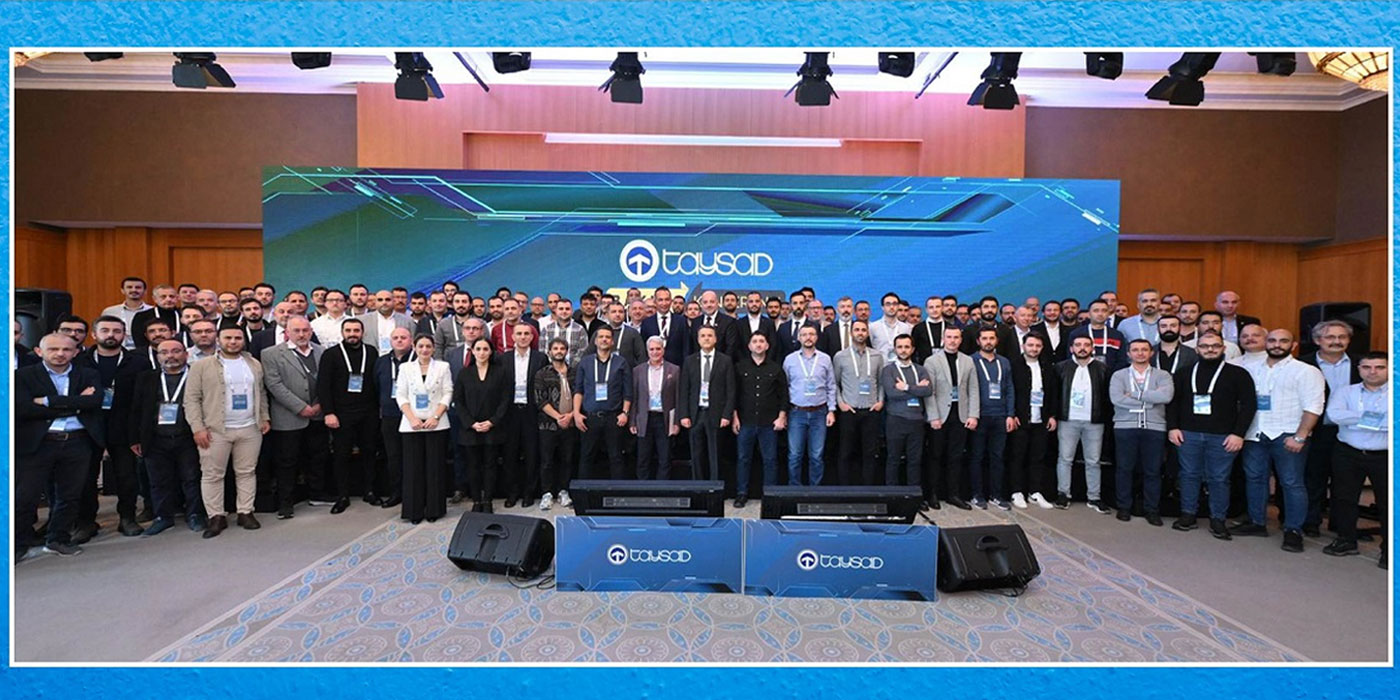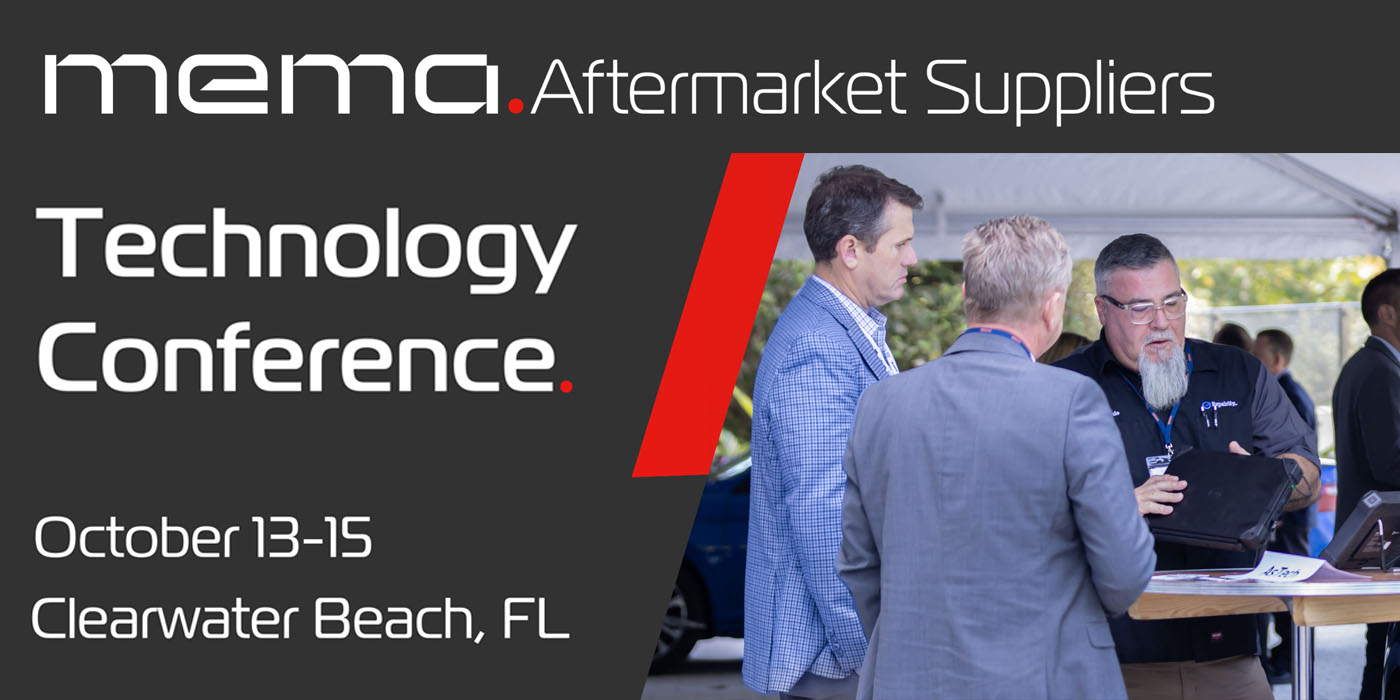When two of the largest automotive aftermarket industry associations – MEMA Aftermarket Suppliers and the Auto Care Association – launch sustainability groups within six months of each other, it’s a sign to take notice. The rise of sustainable business has hit an apex over the last decade, and more recently within the automotive aftermarket. An expanding climate crisis, growth in clean tech and rising pressure from government regulations, stakeholders and consumers are at the forefront of this change. With 76% of Americans expecting companies to take action against climate change, according to a survey from Cone Communications, there’s no question that sustainability will be part of your company’s operations in the future – if it isn’t already.
“There isn’t a company out there [in the automotive aftermarket] that hasn’t at least thought about it,” says John Chalifoux, chief sustainability officer for MEMA and COO of MEMA Aftermarket Suppliers. “Quite frankly, every company – aftermarket or not – should be concerned.”
Whether you’ve made a mental list of ways your company could be more sustainable or have already set emissions targets for 2030, there’s good news: There are resources in the aftermarket to help you – and your stakeholders –wherever your needs lie.
Taking Responsibility
Chalifoux said to understand sustainability in business, we must look at the history of the word. In 1987, the United Nations used sustainability to talk about sustainable development, meaning “meeting the needs of the present without compromising the future.” Fast forward to 2004 and the UN published a report, called “Principles for Responsible Investing,” which gave birth to the acronym ESG: environmental, social and governance.
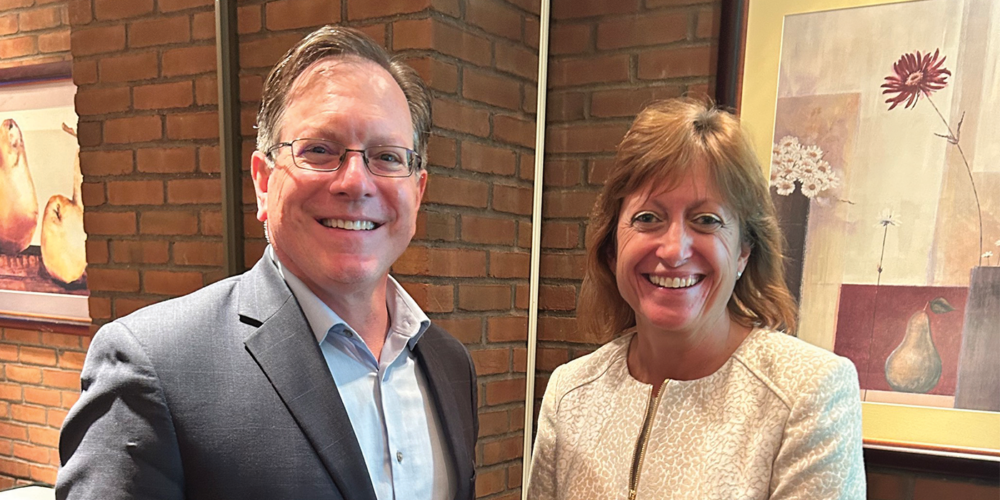
From there, the investment community used ESG, and businesses turned from a shareholder model to a stakeholder model. As momentum for addressing ESG initiatives grew, more quantitative measures (e.g., around CO2 emissions) were created for companies to measure how impactful they were in taking care of the environment, their employees and others in their respective supply chains.
Anne Evans, a consultant for Universal Strategies Limited, which helps companies to identify, measure and manage ESG performance in their supply chains, broke down what each pillar of ESG means.
- First, environmental: Think about how your company is impacting the environment, she says. This can involve the company’s energy use, pollution, waste and conservation of natural resources.
- Then, social: Ask yourself: Are you operating your business in a socially sustainable manner? Other points to consider are if your team reflects the diversity of your community and if your company is active in community-betterment activities as well as encouraging employees to perform local volunteer work, Evans said.
- Finally, governance: For publicly traded companies, this means focusing on shareholders – what they desire in a company and how to make them profitable. For privately owned companies, Evans says executives should focus on working conditions, rewarding employees for their work and keeping them safe and healthy on the job. Another aspect of governance is complying with all local, state and federal rules and regulations.
“When you really look at sustainability and ESG, it’s really all about good business practices in an outlined structure,” she says. “Nothing about it kills the business. In fact, it can make the business more profitable, but training and awareness will be the first step.”
Getting Started
When it comes to thinking about your company’s ESG strategy, Ben Spitz, chair of the Auto Care Association’s Sustainability Committee and vice president of strategy and sustainability for The Parts Authority, said education
is key.
“A cornerstone of sustainable transformation lies in equipping industry professionals with the knowledge and skills necessary to drive positive change,” Spitz said in a post on the AAPEX Blog. “Empowering professionals with the necessary knowledge and resources will create a knowledgeable and motivated workforce capable of implementing sustainable solutions.”
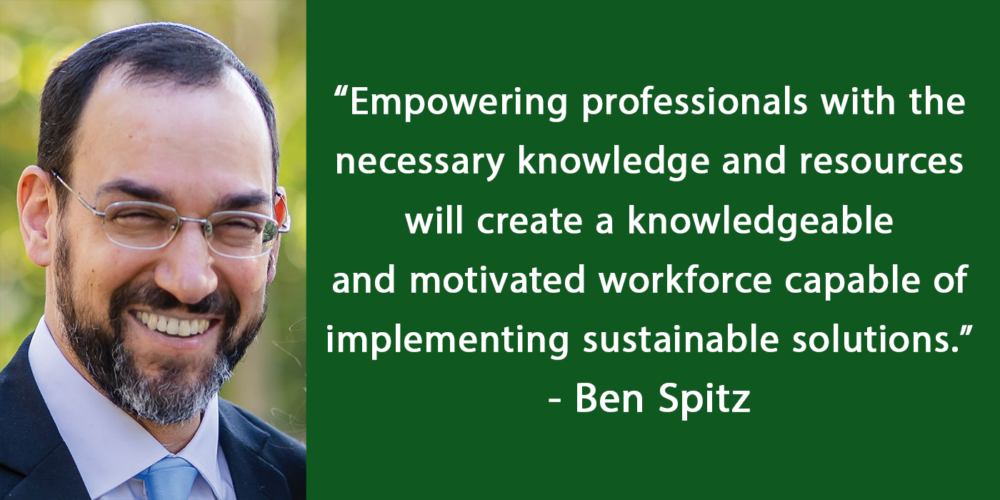
Chalifoux said manufacturers should first establish a business case for sustainability. Covering products, processes and facilities is a great place to start, especially in the automotive aftermarket as each company touches these three categories. Spitz added that digging deeper, aspects to consider are energy-efficient processes, waste reduction, responsible supply chain management, product lifecycle analysis and sustainable procurement.
Around those categories, suppliers may find other areas including standards and certifications that, when met, can help their business have more sustainable processes, buildings or practices.
halifoux said as company executives dig into what the company is already good at and what more it can do, it is essential to keep its customers and other stakeholders at the center of its strategy.
“In addition to commercial customers and end-users, your stakeholders include your supply chain partners, your employees and the communities you serve as well as your investors, bankers and insurers,” he added.
Another step in the ESG journey is collecting data. Once you know what you want to measure, collect the data, analyze it, validate it and report it.
“Sharing insights, developing guidelines and fostering collaboration will encourage the adoption of sustainable practices throughout the industry, setting a positive example for others to follow,” Spitz said.
Sharing Your Story
Once your strategy is in motion, you need to tell your stakeholders and end-users what your business is doing, as this influences their relationship with your product or company. In fact, 87% of American consumers support brands that advocate for the issues that they care about, according to research from Cone Communications. Considering that millennials are the largest generation in our population and Gen Z is right behind, Nielsen research showed that millennials are twice more likely, compared to baby boomers, to change their buying habits if environmental impact is reduced.
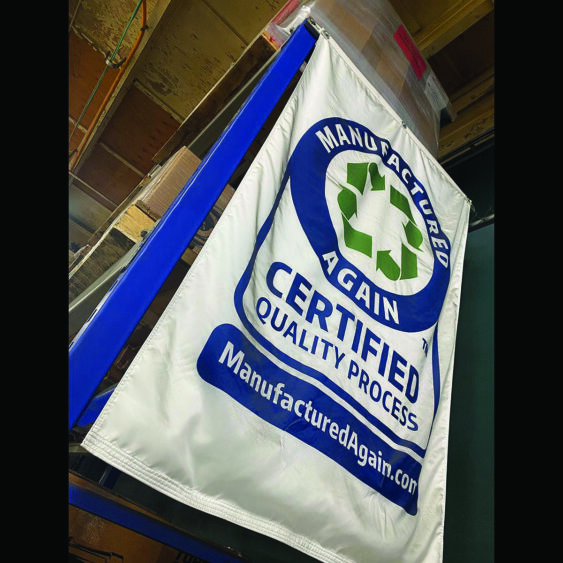
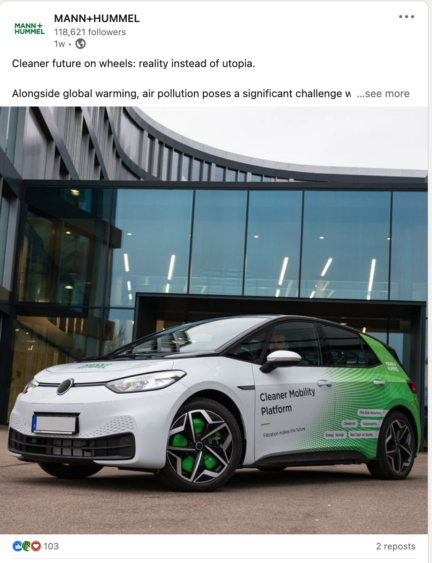
Evans said sharing your business’s sustainability story can be as simple as utilizing social media to talk about your company’s initiatives: using solar panels, volunteering, community projects – anything that you’re doing to make the community better. Many businesses also have a dedicated page on their website describing their ESG initiatives and why they’re important. “Their strategy and operations have embedded ESG principles,” she says.
Chalifoux said in many of his interactions with MEMA members, companies are already being “good citizens” of their communities; they just need to recognize it and let it be known.
“Today’s focus on sustainability and ESG provides you and your company with a fantastic opportunity to share all the good that you do. And it provides a chance for us to collectively share some good stories about our great industry. Make sure you tell your story, and while you’re at it, let’s take full advantage of elevating our great industry.”
Get Connected!
In a joint sustainability effort, both organizations will host Sustainabili-TEA and Coffee! ♻️☕
This networking event – complete with tea and coffee- is created for those specifically interested in sustainability within the auto aftermarket. The event is free, but pre-registration is required.
Date: Thursday, Nov. 2 7:30-8:30 a.m.
Location: The Venetian, Casanova Rooms 603-604
Register here.
MEMA’s Center for Sustainability
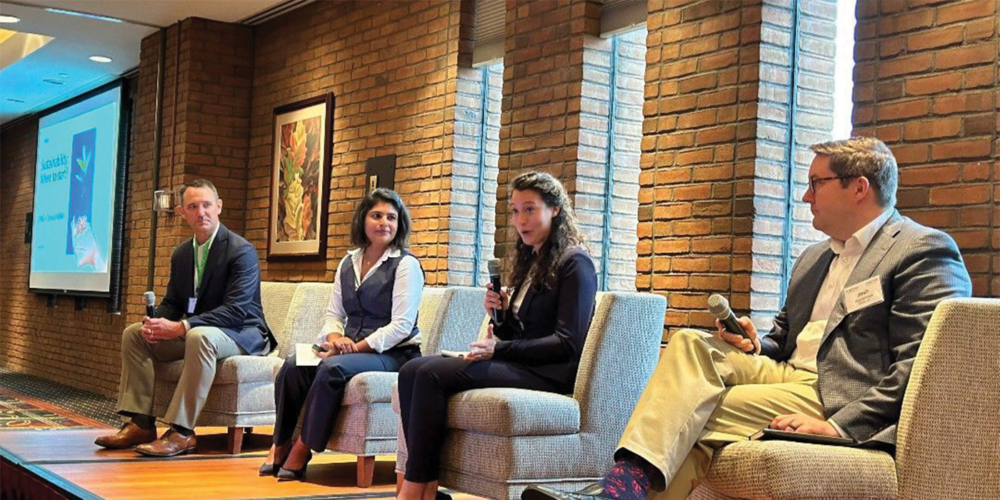
KMPG and Clarios executives shared their expertise on creating a value-driven ESG strategy at MEMA’s inaugural Sustainability Summit.
In January, MEMA announced its new Center for Sustainability with John Chalifoux, MEMA Aftermarket Suppliers’ COO and chief sustainability officer, at the helm. Its mission, he said, is simple: to serve MEMA members wherever they are on their sustainability journey.
“Our collaborative community helps members comply and build the advantage as they assess and respond to the needs of their customers and other stakeholders,” Chalifoux said, reciting the center’s mission statement.
The center was formed during MEMA’s reorganization this year. MERA (The Motor and Equipment Remanufacturers Assocation) became part of the new MEMA Aftermarket Suppliers membership group, which helped pave way for the Center for Sustainability to cater to all members. Since being established, the center formed a steering committee made up of MEMA-member companies of all sizes and different industry backgrounds. It also hosted its inaugural Sustainability Summit Aug. 15, Chalifoux said. Within just its first nine months, the center has developed three key areas of focus: education, advocacy and problem solving.
Education is taking many forms including the Center’s “Sustainability Hour,” a virtual one-hour presentation from a professional services group on a specific topic around sustainability. In addition, in-person workshops – such as its first one with Plante Moran on Sept. 20 and another that will be hosted Oct. 18 – allow for discussion around strategic direction and value creation when it comes to sustainability as well as customer requirements and reporting, supplier-response strategies and more.
Chalifoux stressed that the center serves as a community where members can come together to address issues of common concern, share best practices and learn what their peers are doing. It also works closely with MEMA’s Washington D.C. office to help members on a broad range of policy issues around sustainability.
“Our goal is to make it (sustainability) easy for our members to navigate,” Chalifoux said. “The MEMA Center for Sustainability is your go-to place to accelerate your sustainability journey.”
Auto Care Association’s Sustainability Committee
In May, the Auto Care Association formed a Sustainability Committee with the aim of increasing awareness of the importance of sustainability, creating a long-term strategy for evolution of the industry’s practices and highlighting businesses that implement those practices.
In its initial phase, the Auto Care Association said the Sustainability Committee will focus on four areas:
- An industry education campaign to help encourage sustainable environmental efforts and promotion of the automotive aftermarket as a sustainable industry. Ben Spitz, chair of the committee and vice president and strategy and sustainability for The Parts Authority, said in his AAPEX blog that this will not only include educating industry professionals but also the public about positive environmental impacts around proper vehicle care.
- Evaluation and influence of legislative policies that benefit both the environment and the industry.
- Advantages and opportunities of recycling, in which the committee’s recycling focus group is tasked with finding solutions to transform waste into valuable resources. This includes exploring recycling options for used parts, tires, fluids and other components as well as seeking out partnerships with recycling facilities and embracing principles of a circular economy.
- Fostering best-practice sharing and enhancement of industry standards to become more environmentally friendly. Spitz said collaboration with industry leaders, experts and stakeholders is key to promoting sustainable strategies.
The Sustainability Committee is composed of 16 association members and sustainability experts and features perspectives from across the entire supply chain, from manufacturers to warehouse distributors, to retailers and shops.


